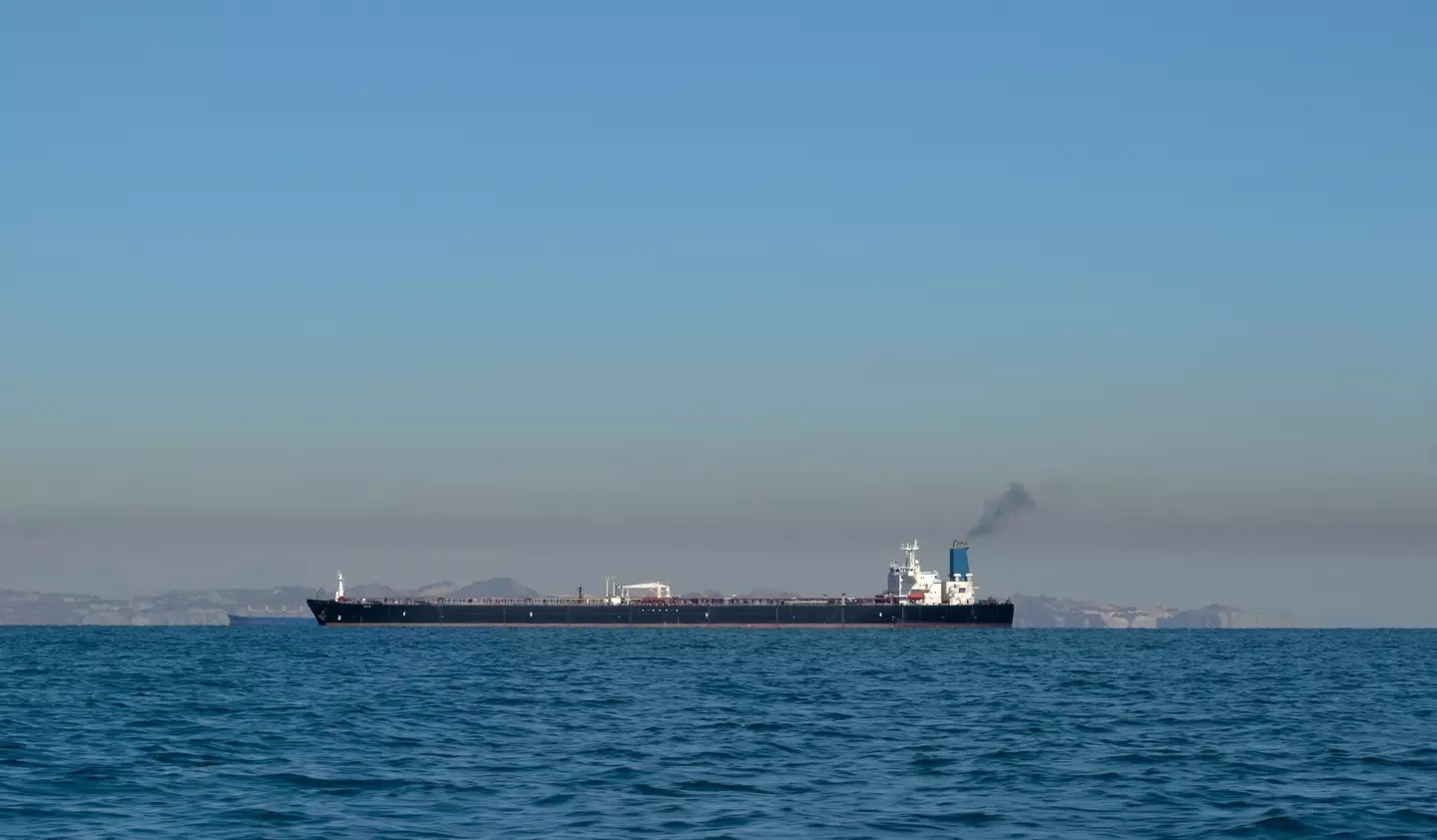
An economist has warned Brits about a potential surge in oil prices if Iran decides to follow through with one particular retaliation plan.
While it seemed as though Iran and Israel had agreed to a ceasefire on Monday evening (23 June), recent events have cast doubt over the plans, which were brokered by US President Donald Trump.
On Tuesday morning (24 June), Israel claimed that it had identified missiles, reportedly launched from Iran.
However, the details surrounding the alleged strike were unclear, with Iran denying that it had fired any missiles after the ceasefire began.
Advert
Since then, Trump has shared his views with reporters - claiming in a heated interview that the two countries don't know 'what the f**k they're doing'.
The President later added on Truth Social: "ISRAEL is not going to attack Iran. All planes will turn around and head home, while doing a friendly “Plane Wave” to Iran. Nobody will be hurt, the Ceasefire is in effect!"
While it remains to be seen whether the ceasefire will continue, attention has turned to the potential consequences of the conflict and what it could mean for the West.
For example, over the weekend, the Iranian parliament approved a motion to close the Strait of Hormuz.

What is the Strait of Hormuz?
The Strait of Hormuz is a narrow waterway that transports 21 million barrels of oil every day.
The passage leads from the Persian Gulf to the Arabian Sea and is crucial to the world's economy.
In fact, any disruption to the Strait could cause havoc over in the UK and the West in general, with economists predicting oil prices and household bills would surge.
Despite parliament approving the motion, the decision is now with Iran's Supreme National Security Council.

How would closing the Strait impact the UK?
Dr Tony Syme, macroeconomic expert at the University of Salford, has explained how the decision could impact Brits.
He told LADbible: “As President Trump urges Israel and Iran to stick to the ceasefire agreement, the next stage of this conflict could be economic. And this could have far larger implications for the rest of the world.
“The Iranian parliament has already proposed closing the Strait of Hormuz, a narrow waterway that connects the oil-rich Persian Gulf to international waters.
"It would be easy for Iran to effectively close the Strait. This could be done by deploying naval mines, anti-ship missiles or small, fast-attack boats, or even seizing tankers as it did with the British tanker Stena Impero in 2019. In many respects, even the threat of these actions would be enough to dramatically reduce shipping through the Strait.
“... As in 2022, a war that involves a major supplier of the world’s energy could have huge consequences on the rest of the world."
.jpg)
How much could petrol prices increase?
Dr Syme warned that we could see a sharp rise in oil prices, as well as gas.
“World oil prices would rise to over $100 per barrel, putting 10p on the price of petrol if the disruption was short-lived," he added.
"If this lasted more than a month and oil prices rose to $150 per barrel, we could see petrol prices approach £2 per litre for the first time since the start of the war in Ukraine in 2022.
“It is a similar story with gas. A short disruption would rise wholesale gas prices by 10-20 percent, raising household bills by £100-£200 per year. With a prolonged disruption, household bills could rise by £500 per year."
Topics: World News, News, Money, Iran, Israel
